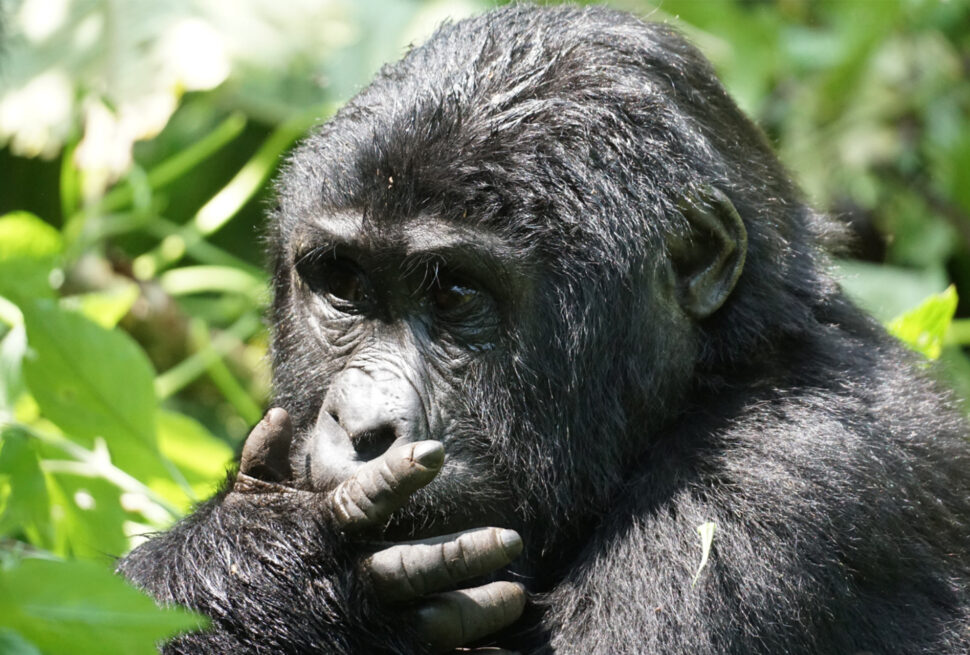The Bugisu people are an ethnic group native to the Eastern region of Uganda, primarily found on the slopes of Mount Elgon. They have a rich cultural heritage that encompasses various aspects of their daily life, traditions, beliefs, and practices.
Here are some key elements of Bugisu culture:
- Circumcision Ceremony: One of the most famous aspects of Bugisu culture is the male circumcision ceremony known as “Imbalu.” This ceremony marks the transition from boyhood to manhood and is a significant cultural event celebrated with much pomp and ceremony. It typically involves traditional dances, rituals, and feasting.
- Music and Dance: Bugisu culture is vibrant with music and dance. Traditional songs and dances are performed during ceremonies, festivals, and other cultural events. These dances often involve energetic movements and rhythmic drumming, reflecting the community’s joy and celebration.
- Language: The primary language spoken by the Bugisu people is Lumasaba, which is a Bantu language. It is widely used in daily communication and is an integral part of their cultural identity.
- Farming: Agriculture forms the backbone of Bugisu economy and culture. The fertile lands around Mount Elgon are used for cultivating various crops such as coffee, maize, beans, and bananas. Farming practices are often passed down through generations, contributing to the preservation of traditional agricultural knowledge.
- Social Organization: Bugisu society is organized around kinship ties and clan structures. Clans play a crucial role in social, political, and economic life, providing support networks and a sense of belonging to their members.
- Religion and Beliefs: Bugisu people traditionally held animistic beliefs, venerating spirits and ancestral deities. However, Christianity has also made significant inroads, and many Bugisu are now Christians, belonging to various denominations.
- Traditional Attire: Bugisu traditional attire includes colorful garments adorned with intricate patterns and designs. These attire pieces are often worn during special occasions and ceremonies, showcasing the community’s cultural pride and heritage.
- Hospitality: Bugisu people are known for their warmth and hospitality towards guests. Sharing meals and engaging in conversations are common practices that reflect their culture of hospitality and community.
Overall, Bugisu culture is a vibrant tapestry woven with rich traditions, values, and customs that have been passed down through generations, contributing to the unique identity of the Bugisu people.



